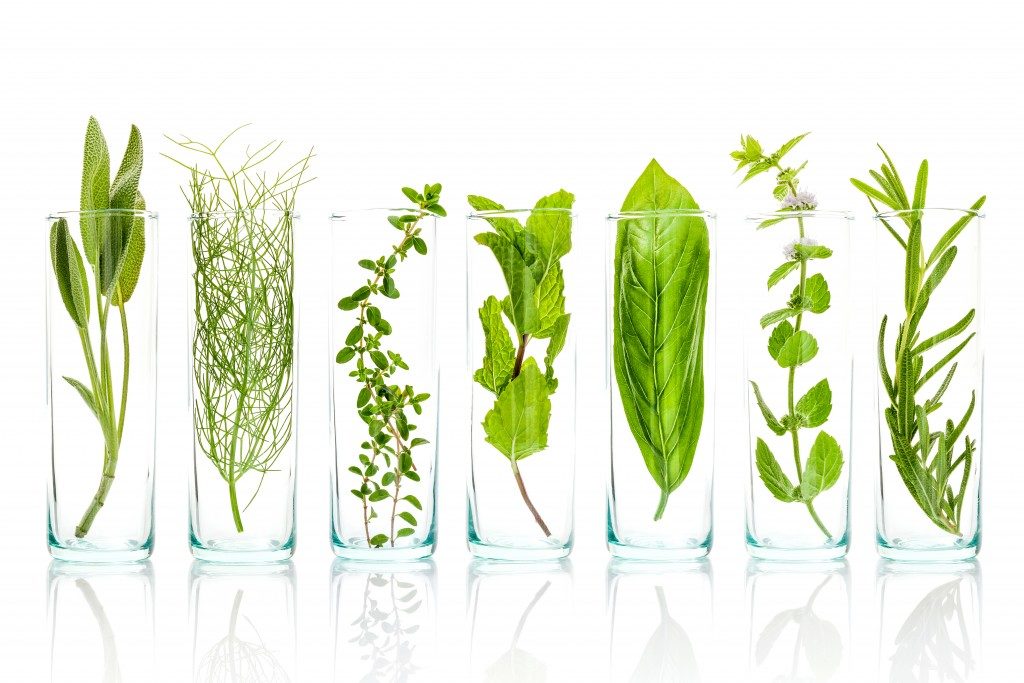What do you think of when asked about herbs? Perhaps some names come to mind: basil, dill, mint, parsley or rosemary.
Marjoram might not make the list. It is often confused with oregano because both herbs are similar in appearance in taste. However, in getting to know marjoram, you’ll discover that this herb has an interesting origin and numerous benefits.
‘The Herb of Happiness’
Marjoram is a herb indigenous to Cyprus and southern Turkey. Historically, the Ancient Greeks and Romans considered marjoram the ‘herb of happiness’. Marjoram grown on graves was thought to symbolise that the departed would enjoy a pleasant afterlife.
Early Greek mythology stated that Aphrodite, the goddess of love, grew marjoram, so the ancient cultures also associated the herb with love. Newlywed couples were crowned with marjoram wreaths to represent a future of love and happiness. Young women placed the herb under their pillows in the hopes they would dream of their future husbands while they were sleeping.
Where Do You Use Marjoram?
Over the centuries, many people from different cultures used marjoram for the following:
-
Cooking
The herb has numerous nutritional benefits if a regular part of a diet. It contains calcium, iron and vitamins A and C. Some nutritionists recommend a daily intake of two tablespoons of marjoram.
However, marjoram has long been used by cooks as a spice to enhance the flavour of dishes. It works best as a seasoning for meat dishes, although it can also be used with vegetables. Like oregano, the herb mixes well with tomato-based dishes. The mild flavour also makes marjoram an excellent addition to salad dressings.
-
Medicine
People create medicine from the flowers, leaves and oil of marjoram. The flowers or leaves are brewed as a tea and used to soothe colds, coughs, a swollen nose and throats, and ear pain. Marjoram tea also helps ease digestion problems, including gallstones, intestinal gas and liver disease.
Marjoram is high in antioxidants, and it helps improve the cardiovascular system. It’s also used as a vasodilator, which helps relax and widen blood vessels to reduce blood pressure.
It’s important to note, though, that there’s no good scientific evidence supporting that marjoram is a cure-all herb. Seek advice from your doctor before relying on marjoram for health issues.

-
Essential Oils
As with other essential oils like chamomile and lavender, marjoram has a calming and soothing effect on the mind. It relieves fatigue and helps ease anxiety and depression.
-
Beauty Products
Marjoram is an essential oil and key ingredient in beauty products including cosmetics, lotions, perfumes and soaps. For example, specialist aromatherapy products from Decleor, such as facial oil serums and night balms, include marjoram.
Marjoram is not as well-known as other herbs like basil and mint, but it has a fascinating history. Associated with love and happiness, ancient cultures have used the herb for cooking and medicine, traditions and superstitions. Today, it remains an integral part of the culinary and medical fields, and now the symbol of love and friendship is incorporated as an essential oil in beauty products.

